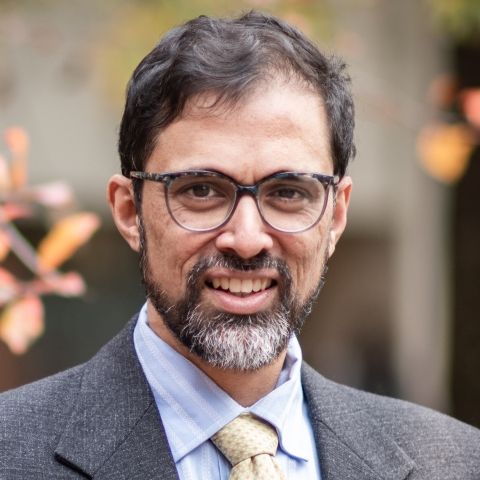
Speaking with a Different Voice: Why the Military Trial of Civilians and the Enemy Is Constitutional
This Essay addresses a question that makes but a few appearances in her tome, namely, whether the Constitution permits the use of military courts (either courts-martial or military commissions) to try civilians. At various points, Professor Tyler argues that the military trial of civilians is unconstitutional. I respectfully disagree. In the course of explaining why, this Essay will discuss the broader question of when military courts may be used to try individuals-soldiers, civilians, and the enemy. I have written about this before, in The Sweeping Domestic War Powers ofCongress. The basic intuitions, amply reflected in many early American statutes, are that desperate times require (and help to justify the legality of) desperate measures, and that the nation is most vulnerable when in the throes of a war fought on its own soil. Put another way, to use the language of the Constitution, in the face of armed conflict within the United States, more extreme legislative measures become "necessary and proper for carrying into Execution" the powers of the federal government. The Habeas Clause itself signals that more is possible in domestic wars-invasions and rebellions-for it declares that suspensions of the privilege are permissible only in that narrow context.